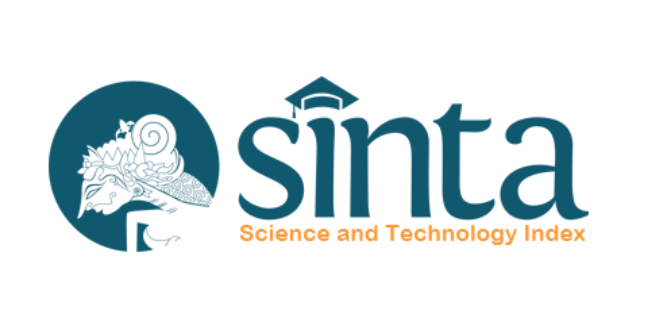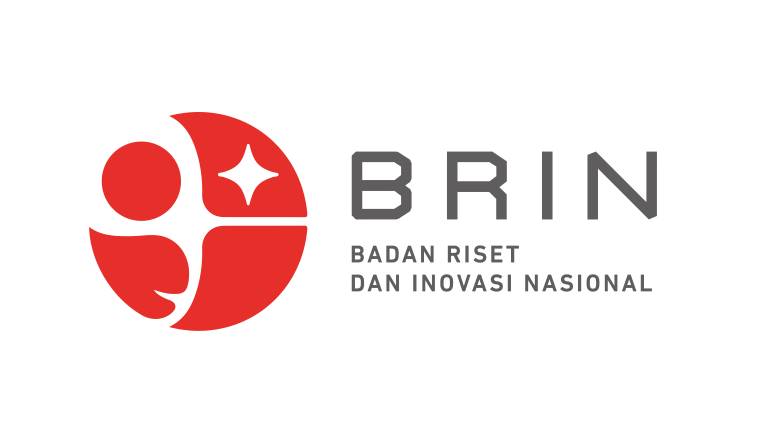The Effect of Earning Per Share and Debt to Asset Ratio on Firm’s Value : Case Study on Food and Beverage Corporation Listed in Indonesia Stock Exchange
DOI:
https://doi.org/10.35384/jkp.v13i2.51Keywords:
Earning Per Share, Debt to Asset Ratio, Firm’s value, Signalling TheoryAbstract
This study aimed to analyze the effect of earnings per share and the debt to asset ratio on the firm’s value. The population in this research is all companies sub-sectors of food and beverages listed in Indonesia Stock Exchange. Based on purposive sampling technique from the population selected six companies as a sample for six years (2009-2014). The result showed that: (1) earnings per share have a positive and significant effect on firm’s value. This is consistent with the signaling theory, where the company’s decision gives high dividend is a positive signal to investors that the company’s revenue growth in the future is also high. Therefore, the maximum potential dividend can be measured by earnings per share, the higher the earnings per share higher the bargaining power of the company’s shares so that the value of the company will also increase. (2) Debt to asset ratio has the negative and significant effect on firm’s value. The increase in the amount of debt is regarded as a negative signal by investors so that their effect is negative. Each side is competing to be the winner. The company seeks to attract investors through good financial performance and investors are competing to invest in companies that provide maximum benefit.Downloads
Published
2017-10-09
How to Cite
Ekaprastyana, D., & Anwar, S. (2017). The Effect of Earning Per Share and Debt to Asset Ratio on Firm’s Value : Case Study on Food and Beverage Corporation Listed in Indonesia Stock Exchange. Jurnal Keuangan Dan Perbankan, 13(2), 120–127. https://doi.org/10.35384/jkp.v13i2.51
Issue
Section
Articles









